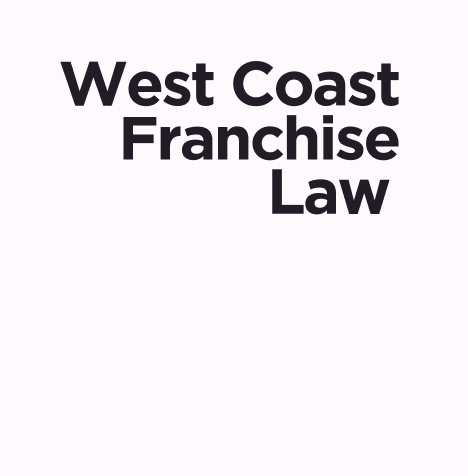You may own your franchise business, but there’s a good chance you don’t own the buildings where you operate. Most restaurants lease their space — and it’s far more complicated than renting an apartment. Anyone who doesn’t take the time to understand the differences between commercial and residential leases could be making a very costly mistake.
Commercial leases aren’t subject to most consumer protection laws that govern residential rental agreements, and their terms are far less boilerplate. Each lease is a lengthy, complex document with unique quirks. The lease term is often several years, and breaking a commercial lease is much more costly than breaking a rental one.
Before You Sign on the Dotted Line
There are three broad categories of commercial leases: net leases, gross leases, and percentage leases. At its most basic, a net lease requires the business renting the space to pay a flat rental rate along with maintenance, utilities, and other expenses. A gross lease, on the other hand, usually involves paying rent only. There are multiple types of gross and net leases with different costs and responsibilities that may benefit or disadvantage business owners to various degrees.
Finally, a percentage lease involves paying a base rent and a portion of the business’s income. These leases are most popular in food service and retail. While a percentage lease sounds less than ideal, it can help the lessor and lessee form a stronger relationship that maximizes profits for all.
One benefit of commercial leases is that they are much more negotiable than their residential counterparts. For example, you can request provisions that allow more prominent advertising around the building or prevent a competitor from moving into the same complex. These details matter, and ignoring them upfront can lead to regret.
Any commercial lease is a long-term, legally binding contract that will have repercussions for years. For that reason, anyone renting commercial space should seek the assistance of a lawyer familiar with real estate agreements. West Coast Franchise Law works with commercial leases daily, so we know the most important provisions to include and avoid, when to push back, and when to consider walking away.
Since the lease you sign will determine rights and obligations that could make or break your business, never attempt to understand one by yourself. Hire a competent franchise attorney who will help you through every aspect of the agreement and secure a fairer deal.

